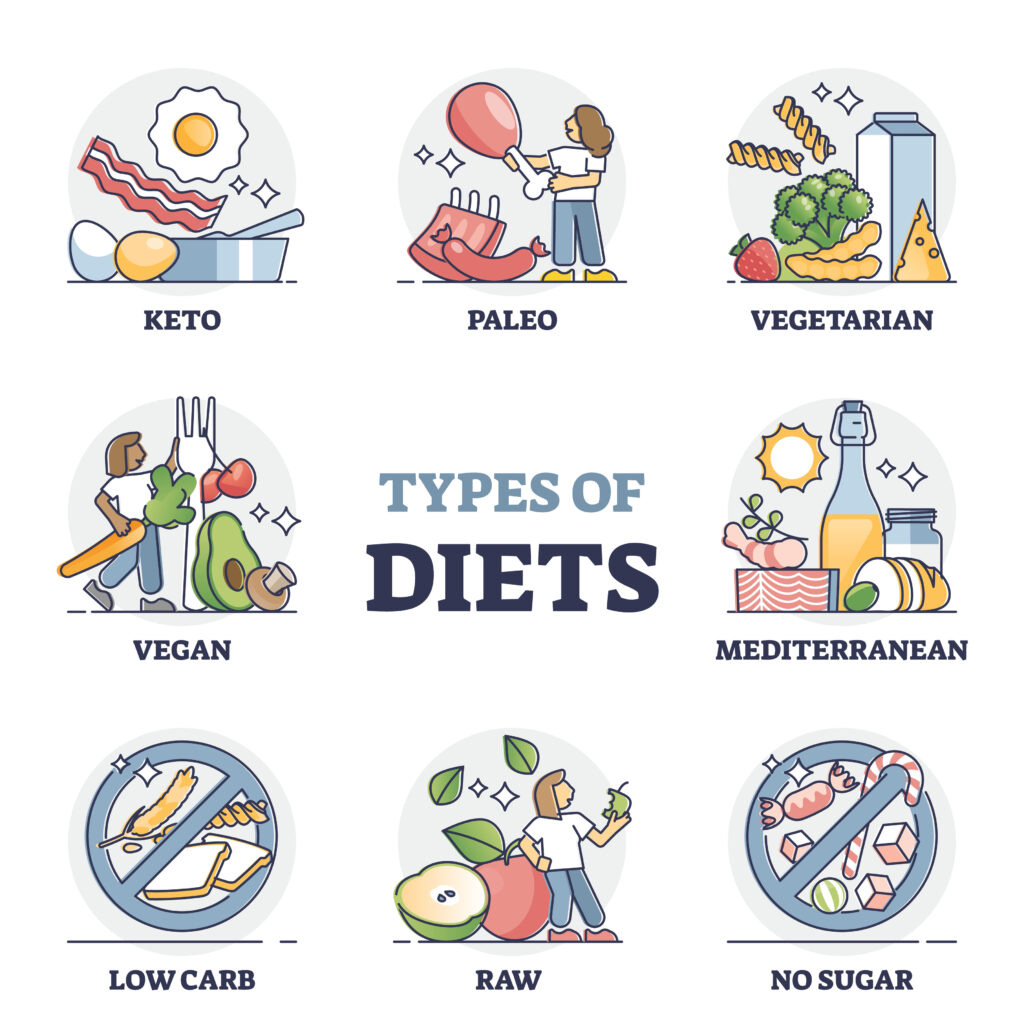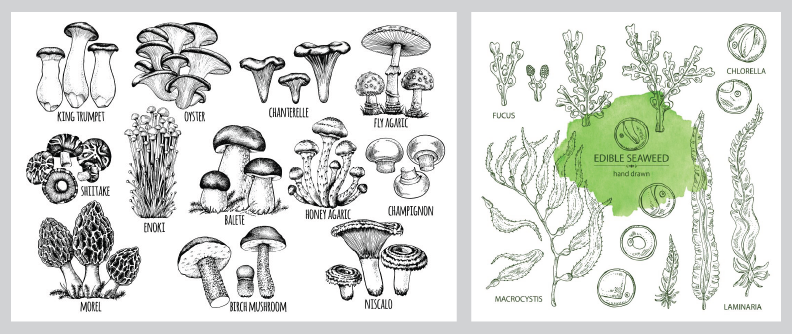
The Future of Food: The Role of a Food Futurologist
Are you not interested in the common careers that everyone ventures into? Want to be a pioneer in a futuristic field that will have great demand in the future? How about becoming a food futurologist?
Food industry has a huge supply chain with many players from seed development to farming, harvesting, processing, manufacturing, adding value and creating novel foods. The industry requires skilled talent from various STEM and non-STEM fields. A food futurologist has a science and non-science background, making the job so exciting and non-routine.
Before understanding what a food futurologist does, let us look at the food industry. It is a sector that will never die off but continue to evolve. It requires continuous injection of technology and new ideas and improvement. This is because of both the challenges and opportunities in this field. Food production must be increased by 70%, according to the Food and Agriculture Organisation (FAO) by 2050. This is a huge challenge given the shrinking of natural resources such as arable land and freshwater, climate change, emerging plant pests and diseases and ageing farmers.
Consumer behaviour towards food is also changing. Many want a story behind their food, not simply produced in large-scale farms or factories. Cottage farming home-based food preparation using traditional and family-owned recipes appeals to modern consumers. There are also many types of diets, such as vegan (no meat and any animal products), keto (high protein and fat, and low carbohydrate), paleo (meat, seafood, fruits, vegetables, nuts and seeds (similar to hunting and gathering), lactovegetarian (vegan who consumes dairy products), ovo-vegetarian (vegan who consumes eggs), and pescatarian (consumes seafood, eggs and dairy products) among many others. There are also diets for special needs like sports, senior care, patients with certain health conditions and children.
Food is a complex topic. It involves taste, nutrition, aesthetics, culture, history, health condition, economy, personal preference, marketing, fads and myths, and many other factors.
Here are food futurologists who look at food from all these aspects. They predict the future of the food industry and foods based on all the above factors and more. Food companies consult them to improve their products, and their ideas are sought to develop new foods, flavours and ingredients. They also play a role in improving the packaging to make it more appealing to consumers.
Many food futurologists seek to write reports on trends in the food industry and policy papers to help governments produce enough food and the right foods. Food futurologists are also often prominent speakers in universities, corporate companies, and TV and radio shows.
Food futurologists must keep themselves updated with current technologies in the food industry. For example, mushrooms, seaweed, and algae are the forefront ingredients in the food industry and are gaining both popularity and demand. Insect-based protein is another novel food. Technologies like genetic modification and gene editing are inevitable in the food industry. How will they be deployed and accepted by both the consumers and policymakers? Food futurologists will follow these trends and provide their insights to relevant players.
Artificial intelligence (AI) is another technology that will change the dynamics of how foods are produced. AI will be used in improving food packaging, sorting foods according to grades, managing the entire supply chain, quality control and studying consumer preference. Food futurologists follow all these trends that help them to provide appropriate advice to their clients.
Food futurologists can also predict what we eat and how our diet will change in the next ten years. This knowledge will help their clients to start developing their products for the future so they can stay in business.
Food futurologists also help predict if technologies can change or what new technologies are needed. This helps scientists to work on new technologies. Their predictions also influence investors on which research and technology to invest so profits can be reaped.
Food futurologists are influential and key partners to many players in the food industry.
Does a food futurologist sound like an interesting career?
Prepared by: Dr Mahaletchumy Arujanan
Career in STEM


Can Science Communication Take You Places?


Atmospheric Scientist



